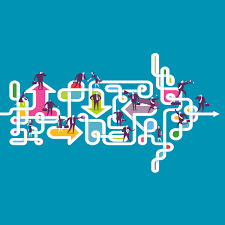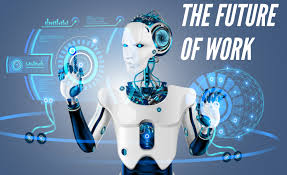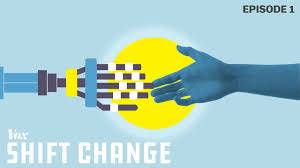Future of Work Part 8, circa 2011
Ferocious Pace of Change.
Who are you going to listen too? Whose motives are most selfless? Pristine? Heroic? Will my data be safe?
Implication for FOW: When we need instant leadership and a default “nobody ever got fired for…” in a quickly changing world, MSFT is the company to turn to.
Though my opening insight “B2B innovation lags consumer” would seem counter to the ferocious pace of change, that only means B2B was a laggard. Change is accelerating. The reality today is social media and more open systems among makers in the tech community have made it harder for those to pass on news biased toward one tech platform. The platform fiefdoms aren’t as strong as they were. Steve Jobs isn’t smiling from above.
Leadership these days is more altruistic than it used to was. A company gets more cred for protecting the business user than it does for protecting its profit margin. Scale is more important than profit. And when everyone is working together, it speeds up the pace of change.
I can’t tell if the Coronavirus pandemic will be a hiccup in this trend or an accelerant. I’m guessing the latter.
Peace.





